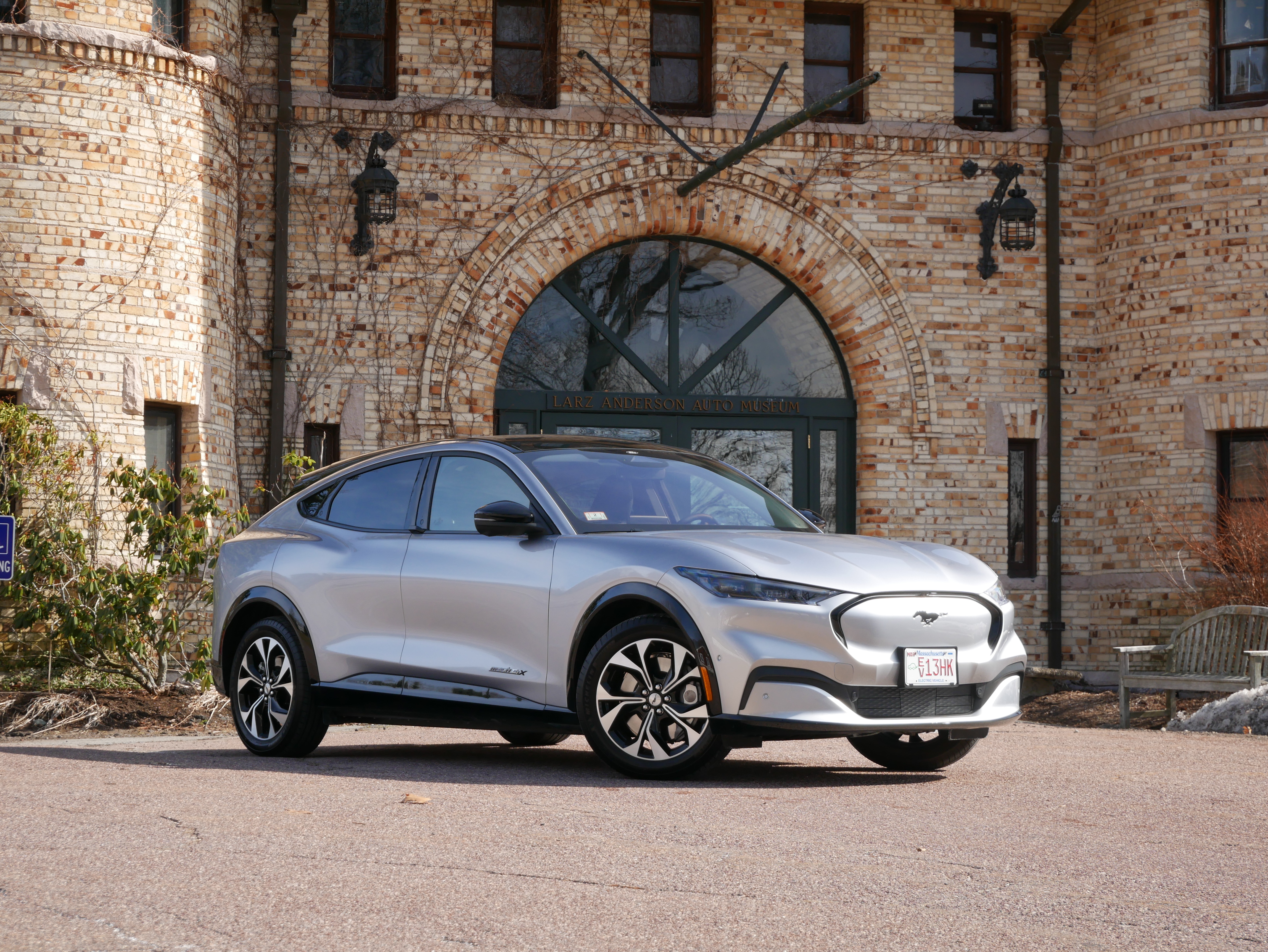With the growing emphasis on environmental sustainability and technological advancements in the automotive industry, electric vehicles (EVs) have gained immense popularity as an eco-friendly and futuristic mode of transportation. If you’re a first-time EV car shopper, the transition from traditional gasoline-powered vehicles to electric ones might seem overwhelming, but fear not! This article aims to provide you with essential tips to consider when purchasing your first electric vehicle.
1. Understand Your Needs: Before embarking on your EV buying journey, assess your driving habits and needs. Consider factors such as daily commute distance, charging infrastructure availability, and any long-distance travel requirements. This will help you determine the appropriate EV model and battery range that will best suit your lifestyle.
2. Research Available Models: The EV market has expanded significantly in recent years, offering a diverse range of models from various manufacturers. Research and compare different EV models, taking into account factors like size, features, range, charging capabilities, and price. Websites, forums, and automotive publications can provide valuable insights into the strengths and weaknesses of different EV options.
3. Battery Range Matters: The range an EV can cover on a single charge is a critical factor to consider. Evaluate your daily driving habits and ensure that the chosen EV’s range comfortably covers your routine trips. Keep in mind that factors like weather conditions and driving style can impact an EV’s range.
4. Charging Infrastructure: Check the availability of charging stations in your area and along your common routes. Many EV manufacturers offer online tools to help you find charging stations near you. Additionally, explore options for home charging, such as installing a Level 2 charging station, which can significantly reduce charging time compared to a standard household outlet.
5. Understand Charging Speeds: Familiarize yourself with different charging levels: Level 1, Level 2, and DC fast charging. Level 1 charging uses a standard household outlet and is the slowest, while Level 2 requires a dedicated charging station and is faster. DC fast charging is the quickest option and is often found along highways for long-distance travel.
6. Consider Incentives and Rebates: Many governments and local authorities offer incentives, tax credits, and rebates to encourage the adoption of electric vehicles. Research the incentives available in your region, as they can significantly reduce the upfront cost of purchasing an EV.
7. Total Cost of Ownership: While the initial purchase price of an EV might be higher than that of a gasoline car, consider the long-term savings on fuel and maintenance. EVs have fewer moving parts and require less maintenance, leading to potentially lower overall ownership costs over time.
8. Warranty and Service: Pay attention to the warranty offered on the EV and its battery. Manufacturers often provide warranties specifically for the battery, which can provide peace of mind in case of unexpected issues.
9. Test Drive: Just as you would with any vehicle, take the time to test drive the EV models you’re interested in. This will give you a feel for the driving experience, comfort, and handling of the vehicle.
10. Plan for the Future: Consider how your EV needs might evolve over time. As battery technology improves, newer models may offer increased range and better performance. Leasing might be a good option if you want to stay up-to-date with the latest EV advancements.
Conclusion: Transitioning to an electric vehicle is an exciting step toward a more sustainable future and a cutting-edge driving experience. By understanding your needs, researching available models, considering charging infrastructure, and factoring in incentives, you can confidently navigate the world of EVs and find the perfect vehicle to suit your lifestyle. As the EV market continues to evolve, embracing this technology has never been more accessible or rewarding for first-time EV car shoppers.

